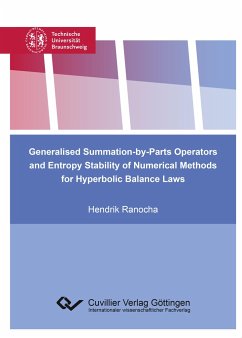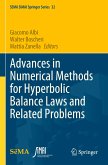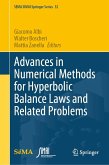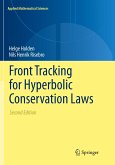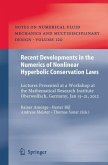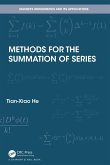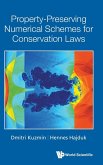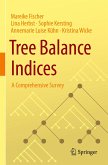This thesis is dedicated to the investigation and development of numerical methods for hyperbolic partial differential equations arising in continuum physics and contains several new theoretical and practical insights which have resulted in novel numerical algorithms that are provably stable and robust, presented here for the first time as a whole. After extending the theory of conservative discretisations using summation-by-parts operators and symmetric numerical fluxes, the application of these methods to nonlinear balance laws such as the shallow water equations and the Euler equations is studied. While it is not clear whether entropy stable schemes can be formulated in this way for the Euler equations and general summation-by-parts operators, it is possible to construct such schemes using classical summation-by-parts operators. Following again the idea to mimic properties of the continuous level discretely, several numerical methods are investigated and new ones are developed. Moreover, stability of fully discrete schemes using explicit Runge-Kutta methods is investigate. Finally, an underlying concept of the previous investigations is studied in detail. Since the entropy plays a crucial role in the theory of hyperbolic balance laws, it has been used as a design principle of numerical methods as described before. Extending these studies, variational principles for the entropy are investigated with respect to their applicability in numerical schemes.
Bitte wählen Sie Ihr Anliegen aus.
Rechnungen
Retourenschein anfordern
Bestellstatus
Storno

